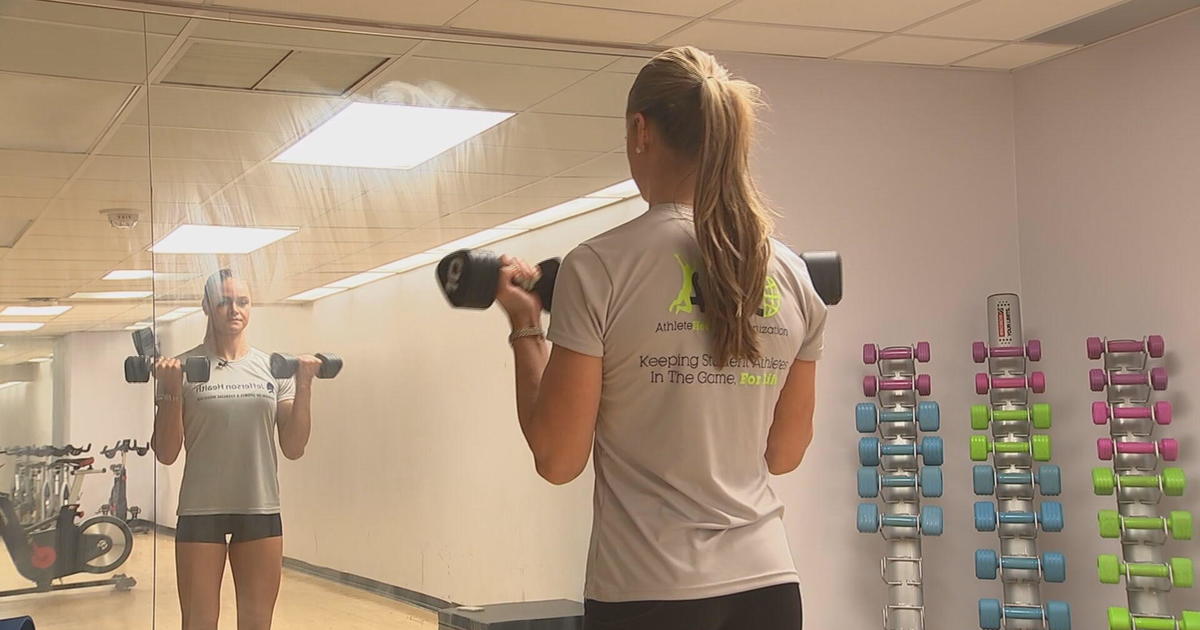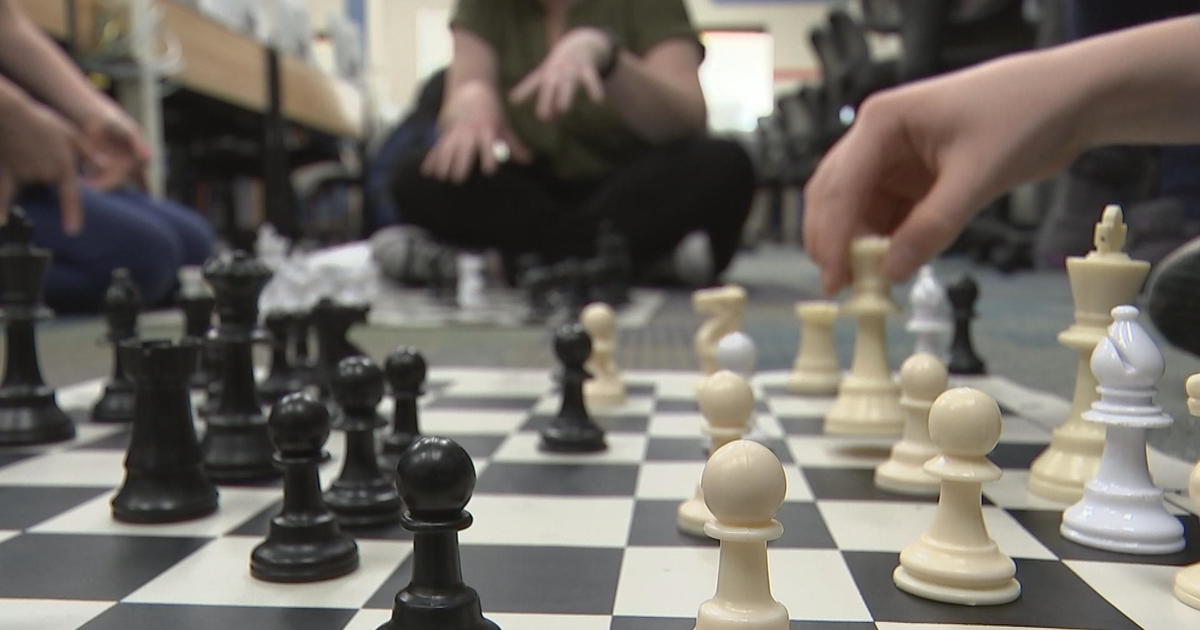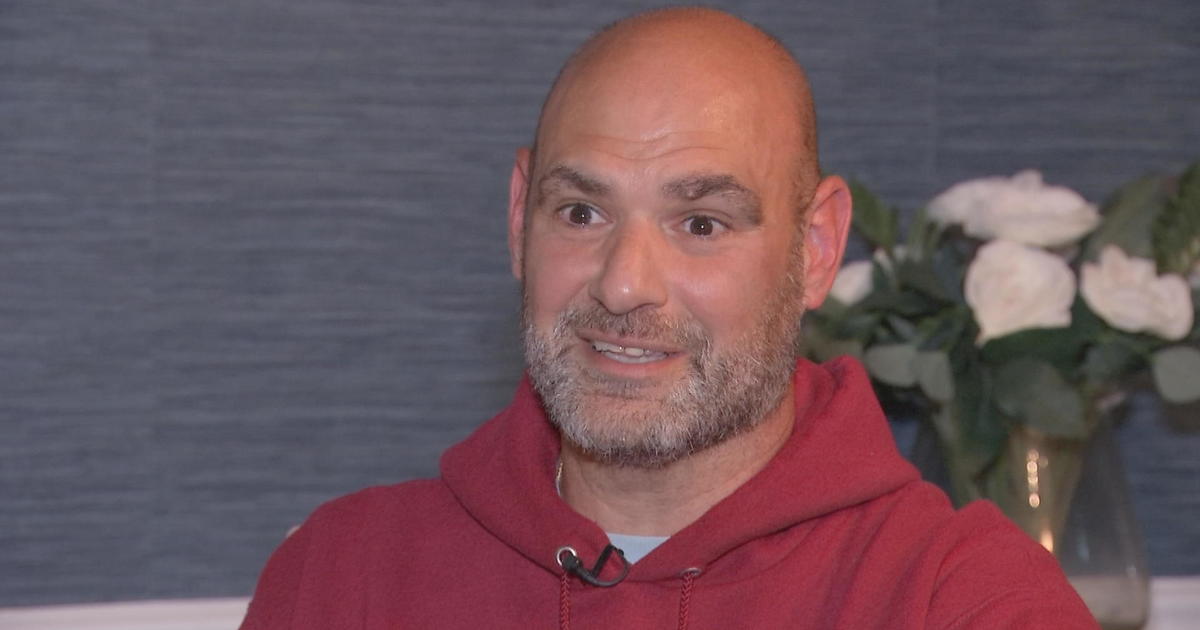World Mental Health Day aims to raise awareness around anxiety, depression
PHILADELPHIA (CBS) -- Monday is World Mental Health Day. It's aimed at raising awareness and helping people cope with increasing levels of emotional issues like anxiety and depression.
Health experts say the COVID-19 pandemic has created a global mental health crisis with a 25% rise in anxiety and depressive disorders in the first year of the outbreak.
There's also a new three-digit suicide hotline, 988.
It's been a tough couple of years, from coping with a pandemic to rising inflation, and it's taken a toll on mental health.
"About one in six people every week experience diagnosable levels of mental illness," Dr. Antonis Kousoulis, with the Mental Health Foundation, said.
Research shows many people are not getting the mental health help that they need, but that could be changing.
"People, I think, are really beginning to identify that mental health is just as important to address as physical health," Psychologist Dr. Kia-Rai Prewitt said.
Anxiety is the most commonly reported mental health issue, along with depression. Signs may include feeling sad or anxious often, not wanting to take part in activities you once thought were fun, feeling irritable, having trouble sleeping and changes in your appetite.
"You don't have to be alone in the struggles," Prewitt said.
Britain's Mental Health Foundation studied the best ways to deal with problems like anxiety and depression.
They offered 11 tips to boost mental health.
It includes connecting with nature, exercising, talking to someone, getting more sleep, not using alcohol and drugs to cope, and managing money and debt.
"I think for me exercise is a big one with running," Molly Thompson said.
"I certainly agree that get more from your sleep because if you don't get a decent sleep that can really affect you," Matt Stark said.
Experts say when self-help methods don't work, it might be time for a mental health expert.
This summer, the National Suicide Prevention Lifeline switched to a three-digit number, 988.
Early data suggests success with calls jumping 45% in the first month compared to the same time a year prior to the launch.
Click here for a list of mental health resources.




